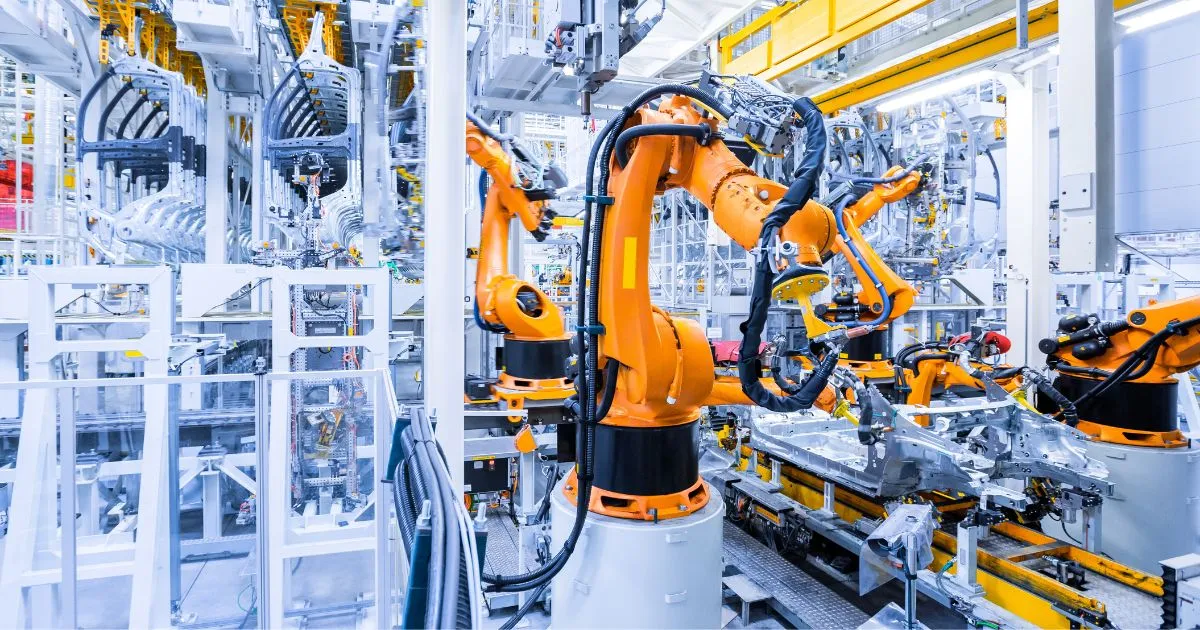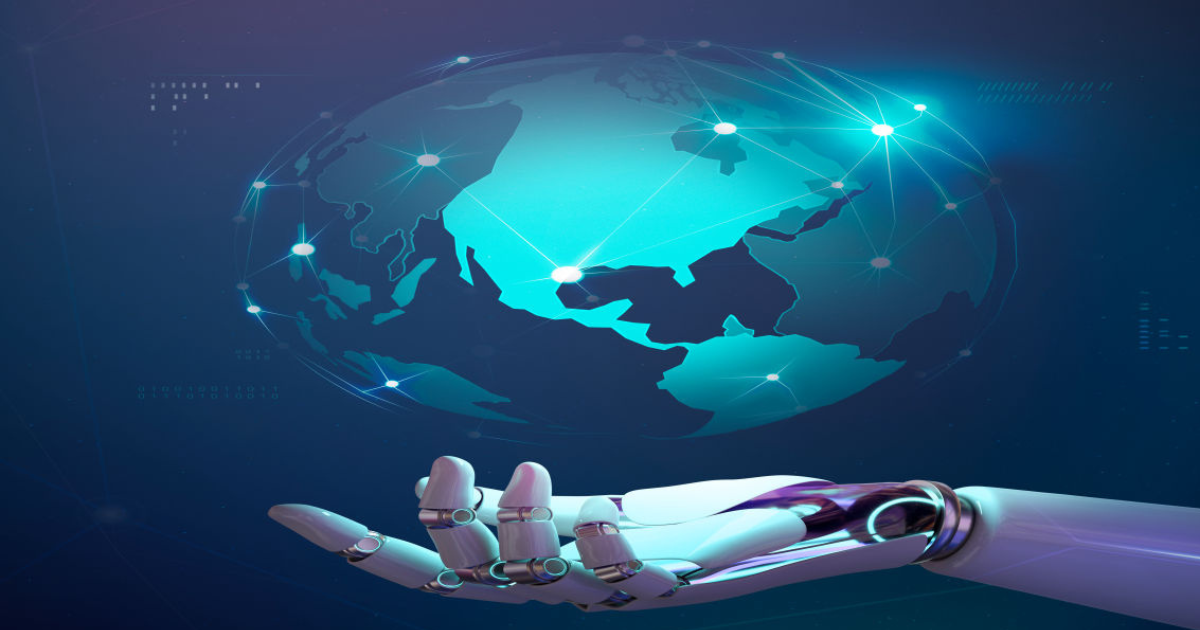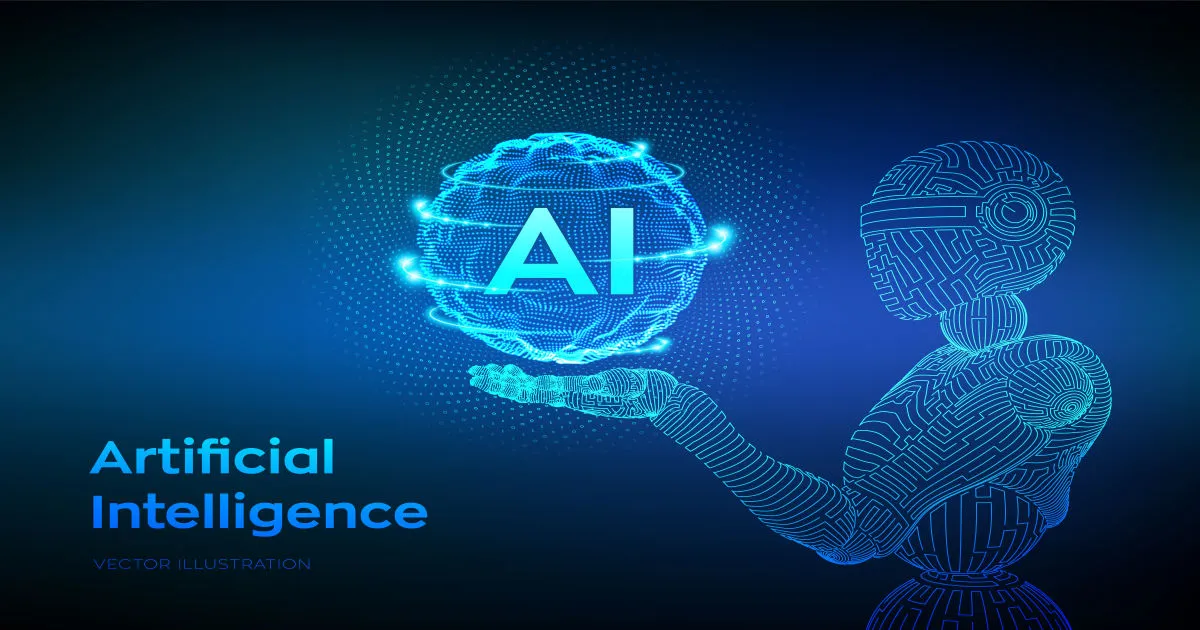Industrial Automation and Robotics
The Industrial automation and robotics involves mechanical and electrical engineering, computer science, and artificial intelligence.
Here are some key aspects and applications of robotic technology:
- Design and Construction of Robots: Industrial automation and robotics involves the design, construction, and assembly of physical robots, which may vary in size, shape, mobility, and functionality depending on their intended application.
- Robotics in Manufacturing: Industrial automation and robotics are used to automate repetitive, dangerous, or precise tasks in manufacturing and production processes. These robots handle assembly, welding, painting, and other tasks, boosting manufacturing efficiency and productivity.
- Service Robotics: Service robots are designed to assist humans in various tasks and environments, including healthcare, hospitality, retail, agriculture, logistics, and domestic settings.
- Autonomous Vehicles and Drones: Robotic technology plays a crucial role in the development of autonomous vehicles, including self-driving cars, trucks, buses, and drones. Autonomous vehicles use sensors, cameras, GPS, radar, and AI algorithms to navigate and operate safely without human intervention.
- Medical Robots: In the field of medicine the robotics technology is used for the surgical procedures.
- Space Exploration: Industrial automation and robotics technology is essential for space exploration missions, including the exploration of planets, moons, asteroids, and other celestial bodies.
- Education and Research: Industrial automation and robotics technology is used in educational institutions and research laboratories to teach robotics concepts, conduct experiments, and develop new robotics technologies. Robotics competitions, workshops, and academic programs help students and researchers gain hands-on experience and advance the field of robotics.
- Ethical and Social Implications: Industrial automation and robotics technology raises ethical, legal, and social implications related to privacy, safety, job displacement, autonomy, and human-robot interaction.
FOR MORE BLOGS
HOW ROBOTS IN MANUFACTING EHANCE THE LABOUR
There are many ways in which robots in manufacturing Enhance labor:
Safety: Robots can handle hazardous tasks, like working with chemicals, extreme heat, and heavy loads, to enhance safety. The Robot reduce chances of accidents and risk by promoting safety among the employee.
Efficiency and Productivity: Production rates increase as robots efficiently perform repetitive tasks quickly and accurately.
Quality Assurance: Robots fitted with high tech systems can carry out accurate quality control checks and products uniformly.
Mitigation of Labor Shortage: Many parts experience shortage of skilled workforce in manufacturing sectors. The robots complete the task.
What industries are using robotics?
Many Industrial automation and robotics to benefit their operations. Some of the most popular industries are:
Agriculture
Robots are use to make a cost-effective method for agricultural businesses to meet growing global demand. Farmers deploy specialized autonomous robots to perform routine tasks like planting, pest and weed management, and harvesting.
Construction
Robots assist construction teams with autonomous technologies that support efficiency, accuracy, and safety on job sites. Emerging developments in robotics are helping construction companies operate massive construction machinery like diggers and dozers autonomously and even complete specialized tasks like welding, drilling, and brick-laying.
Energy
The energy industry has turned to robots for inspecting and maintaining the security of remote sites. As a result, robotics has played a significant role in the increasing affordability of clean energy by decreasing system installation and maintenance costs.
Healthcare
The healthcare industry has turned to robots to free its employees from monotonous and repetitive tasks like cleaning, delivery, dispensing medications, and hospital logistics. Robots can also perform more complex tasks like surgery, rehabilitation, and diagnostics. As the robotics industry advances, more sophisticated machines are in development to improve the efficiency of medical professionals and the quality of patient care.
Manufacturing
One of the earliest adopters of robotics, manufacturing uses robots to increase workforce efficiency, offload monotonous or dangerous tasks, and enable human workers to focus on more complex tasks.
Shipping & Delivery
Robotics has made a significant impact on managing logistics for shipping and delivering goods. For example, many robotics companies deploy autonomous delivery bots fleets to complete the last-mile delivery processes for supermarkets, grocery stores, restaurants, and more.
Mining
In recent years, mining companies began to use autonomous devices for surveillance, information gathering, and analysis in the mining industry. For example, autonomous machines can navigate closed or abandoned mines for precious raw materials while providing a safer work environment for human minors.








